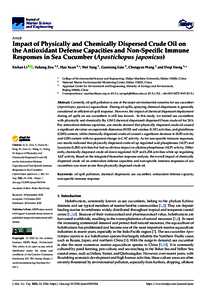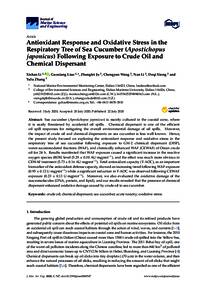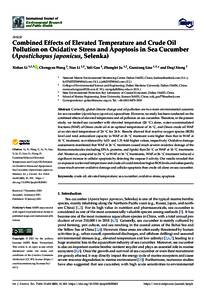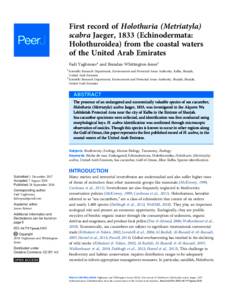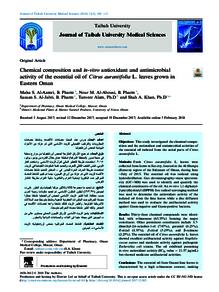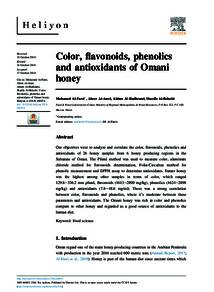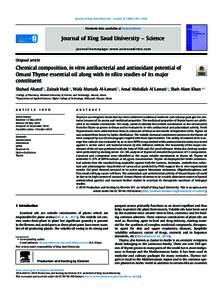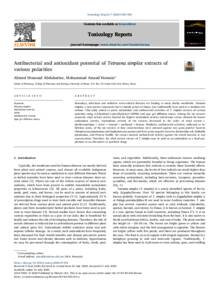وثيقة
Impact of physically and chemically dispersed crude oil on the antioxidant defense capacities and non-specific immune responses in Sea Cucumber (apostichopus japonicus).
المعرف
DOI: 10.3390/jmse10101544
المصدر
Journal of Marine Science and Engineering. v. 10, 10, 1544
المساهمون
Zou, Yuhang., مؤلف
Xuan, Hao., مؤلف
Yang, Wei., مؤلف
Liao, Guoxian., مؤلف
Wang, Chengyan., مؤلف
Xiong, Deqi., مؤلف
الدولة
Switzerland
مكان النشر
Basel
الناشر
MDPI.
ميلادي
2022-10-01
اللغة
الأنجليزية
الملخص الإنجليزي
Currently, oil spill pollution is one of the major environmental concerns for sea cucumber (Apostichopus japonicus) aquaculture. During oil spills, spraying chemical dispersants is generally considered an efficient oil spill response. However, the impact of chemical dispersant deployment during oil spills on sea cucumbers is still less known. In this study, we treated sea cucumbers with physically and chemically (by GM-2 chemical dispersant) dispersed Oman crude oil for 24 h. For antioxidant defense capacities, our results showed that physically dispersed crude oil caused a significant elevation on superoxide dismutase (SOD) and catalase (CAT) activities, and glutathione (GSH) content, while chemically dispersed crude oil caused a significant decrease in SOD activity and GSH content with no apparent change in CAT activity. As for non-specific immune responses, our results indicated that physically dispersed crude oil up-regulated acid phosphatase (ACP) and lysozyme (LZM) activities but had no obvious impact on alkaline phosphatase (ALP) activity. Differently, chemically dispersed crude oil down-regulated ACP and LZM activities while up-regulating ALP activity. Based on the integrated biomarker response analysis, the overall impact of chemically dispersed crude oil on antioxidant defense capacities and non-specific immune responses of sea cucumbers was more severe than physically dispersed crude oil.
ISSN
2077-1312
URL المصدر
قالب العنصر
مقالات الدوريات

